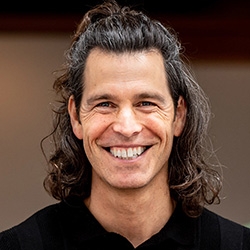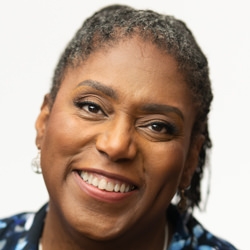
NVC Resources on Connection
-
Unappreciated, Judged, Disrespected, Offended, Manipulated ... people use these words to describe feelings but these are all words that describe interpretations instead. They're also words that get people's backs up. Talk about unproductive! The solution? Develop a vocabulary of feelings so you can minimize defensiveness in others and facilitate connection.
-
This article outlines a four-part transformation process to help us recognize what's giving rise to our suffering and resentment -- and transform it into more freedom, creativity, and choice.
-
Listening is a cornerstone of dialogue and a powerful metaphor for spiritual practice. When we’re willing and able to listen, we open a conduit that allows connection and understanding to happen.
-
While someone is upset or hurt they may "listen" to us to gather evidence for a rebuttal, to assert or validate a preconceived idea, and so on. When in this "predatory listening" mode, the "listener's" needs overshadow relational values like understanding, connection, or mutuality. In response to this we can consider our purpose, affirm any positive intent or need in what they say, and ask direct, honest questions.
-
Trust, flow, information sharing, and learning is reduced in conflict. Conflict can indicate incapacity in at least one of five systems that every group, community, or organization needs to function. Attending to conflict at systems-level helps reduce over relying on momentary connection that isn’t anchored in decisions about what comes next. When there's enough agreed upon systems within capacity, that attend to enough kinds of situations, we're likely to have little conflict.
-
Create your own new personal practice using the Pathways to Liberation: Matrix of Self-Assessment and increase your capacity to access skills when you need them the most.
-
When speaking to decision makers about social change issues it helps to communicate with compassion, clarity, curiosity, calm, and respect while seeking to understand their needs. This way there’s a better chance for more trust and connection that’s crucial for a win-win strategy to come about. This may take several conversations.
-
Yoram Mosenzon suggests that when we make positive language requests, we tell people what we want. We give them an image of what would make life more wonderful. What we usually do is tell people what we do not want. This tends to create resistance.
-
What would it be like if we raised children who already knew how to be inclusive, who already understood climate change, and who knew that they had a role in keeping our planet liveable? Roxy Manning believes that how we parent can support the next generation in showing up with an innate connection to Social Change.
-
A challenge is an expansion of making a clear, positive doable request — and, when given, the person feels deeply seen by the challenger. A challenge isn't just about getting someone to take action on something important to them; it's a fierce form of empathy that supports people in connecting with their life force, and integrates it into their lives with action. A real challenge is tied to the receiver's goals, passions and dreams -- and expands their potential.











